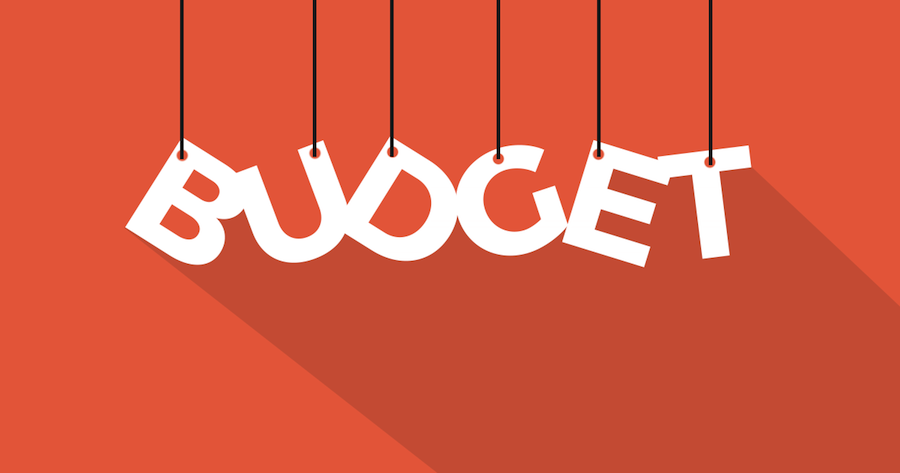If you’re currently between jobs and looking for ways to scale back your spending, you’ll appreciate these tips and ideas on steps you can take to save money.

Try Freelancing or Start a Side Hustle
It can be difficult paying your bills when you’re not receiving a steady income from a primary job. When this occurs, you may want to try freelancing or start a side hustle. If you have the skills to go out on your own and provide assistance to people who need jobs done that you can complete, it’s a great way to make extra money. You can also think about ways that you can operate a side hustle such as renting out a spare room, selling items at online auction sites that you already have around your house or find at a thrift shop. The possibilities are endless.
Reduce Your Energy Bill
Reducing your energy bill is another fantastic way to scale back and not spend so much money. Move your thermostat 10 to 15 degrees lower when you’re sleeping or away from home. Take shorter showers and adjust your hot water heater to a lower temperature. You can also cut your energy usage by a great deal just by utilizing cold or warm water when you wash your clothes, and make sure you’re doing a big load of laundry each time you use your washing machine.
Cut Transportation Costs
When you live close to areas that you need to travel to, consider taking your bike or walking. You can also utilize carpools more often to cut down on your transportation costs. If you live in a city where there is a public transportation system, start utilizing it for job interviews, grocery shopping and any other time when you need to travel inside your local area. Saving extra cash when you’re unemployed can help make your lifestyle easier.
Have Days Where You Spend Zero Dollars
Another way to cut back on spending is by just declaring days where you decide that you’re not going to spend any money. When you have a day where you commit to not spending any cash, you become more aware of times when you may have spent money frivolously. This can help you create a new habit, which can even be used after you get your new job. It’s a great way to eliminate bad spending habits and find ways to create solutions that don’t cost anything.
Create Rules for Grocery Shopping and Cooking
When you need to go to a grocery store, find one that sells in bulk or has discounted prices. Be sure to create a shopping list before you go so that you can catch yourself quickly if you try to buy something impulsively. It can help to go grocery shopping after you’ve eaten a full meal so that you don’t feel hungry and get the urge to buy everything in sight. Also, try and find unbranded products in the supermarket, which will probably taste the same but cost less. When you get home, bulk cook your meals and set aside your favorite dishes in the freezer for other days during the week
Reduce Entertainment Costs
If you currently have a cable bill, consider eliminating it. There are plenty of inexpensive streaming services that offer several movies and television shows. Think about other ways that you can spend your free time by joining in on activities that don’t cost any money such as taking a walk with your friends or enjoying a concert in the park. Getting out and meeting people is also a way that you can start networking for another job. You won’t find work if you just stay in your home most of the day.
Use Discount Codes
Discount codes and coupons can be your best new friend when you’re trying to cut corners and scale back on spending. Use a search engine on the internet to find deals on products that are necessities. You’ll also find coupons in the mail from companies that will reduce the cost of their services if you use a coupon. This might help if you need to have your oil changed or fix the brakes on your car.
Downgrade Your Health Insurance
When you’re in between jobs, you’ll still need to have health insurance. If your old employer was footing the bill, you may be able to save money and cut back by downgrading your temporary health insurance. If you have children, check to see if they have any family options and consider a high deductible plan if you don’t take regular medications or make frequent visits to a doctor.
Know that unemployment sometimes happens, but it won’t last forever. If an unexpected emergency does occur there are personal installment lenders that offer loans, sometimes with shorter term, to help you get through a tougher time in between jobs. While most lenders will require proof of income to qualify, consider seeking out a supplemental source of income during this interim period to help you with any unexpected financial expenses that come your way. You’re not totally alone during this time, so know what’s out there that can help, in addition to cutting back on your normal spending habits.